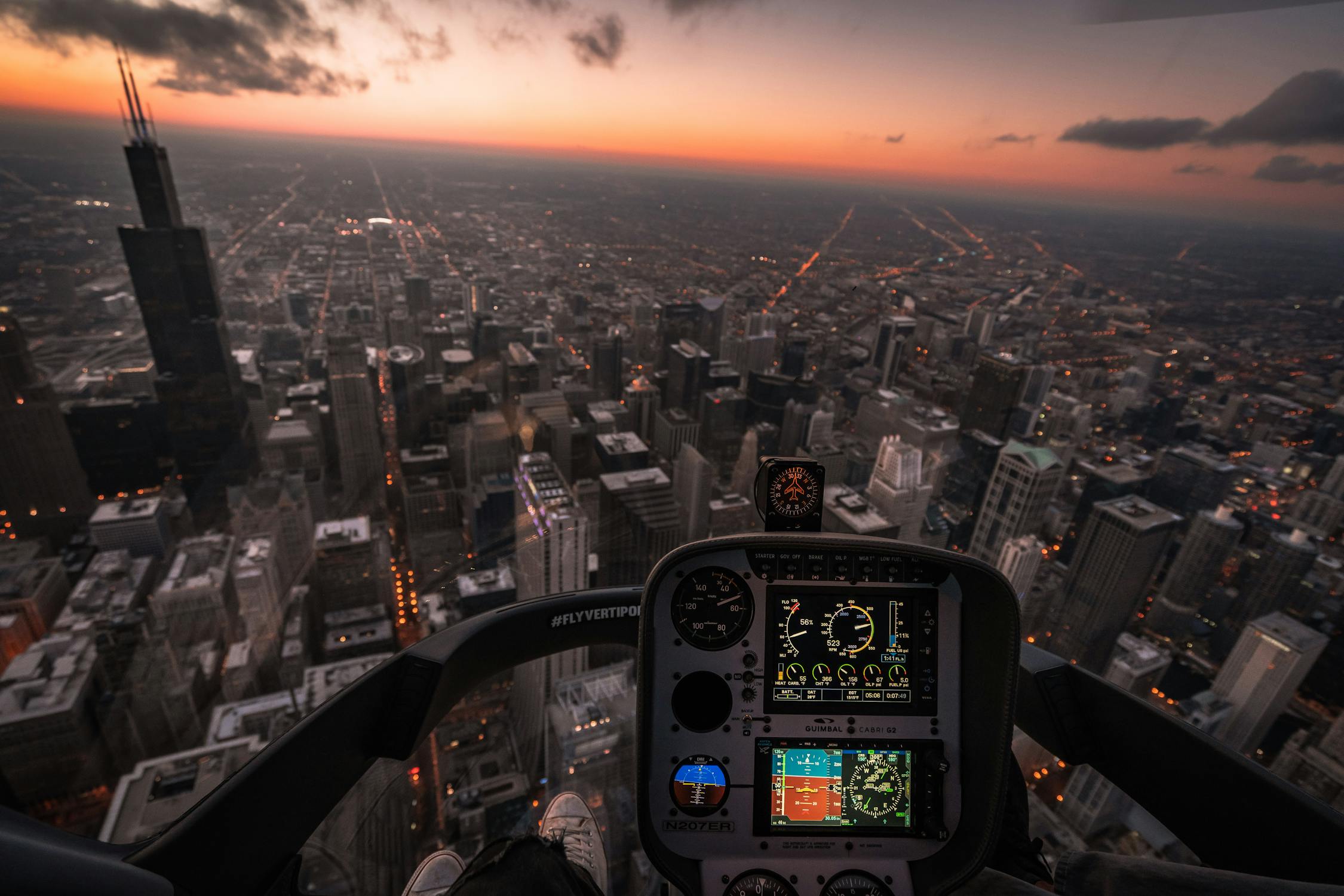The Future of Aviation: A Skyward Evolution Introduction:
Since the Wright brothers' first powered flight in 1903, aviation has witnessed remarkable advancements that have shaped the way we travel and connect with the world. From propeller-driven airplanes to supersonic jets, the aerospace industry has come a long way. As we venture into the 21st century, the future of aviation appears more promising and transformative than ever before. This article explores the exciting prospects that lie ahead in the realm of aviation, from cutting-edge technologies to sustainable innovations, and how they are poised to revolutionize air travel.
-
Electrification and Sustainable Aviation:
One of the most significant challenges facing aviation today is reducing its environmental impact. In response, the industry is actively pursuing electrification and sustainable aviation solutions. Electric aircraft, powered by batteries or hybrid-electric systems, hold the promise of drastically reducing carbon emissions and noise pollution. Companies are investing in the development of electric propulsion systems and exploring new battery technologies to increase aircraft range and efficiency.
-
Urban Air Mobility (UAM):
Urban Air Mobility, or UAM, is a revolutionary concept that envisions a network of electric vertical take-off and landing (eVTOL) vehicles shuttling passengers and cargo in urban and suburban areas. These autonomous or piloted aircraft could alleviate traffic congestion, enhance emergency response capabilities, and offer rapid point-to-point transportation. The UAM market is rapidly expanding, with many companies working on prototypes and developing infrastructure to support this futuristic mode of transportation.
-
Supersonic and Hypersonic Travel:
The race to develop supersonic and hypersonic aircraft has reignited, promising to revolutionize long-distance travel. Supersonic jets, capable of reaching speeds greater than Mach 1, could significantly reduce travel times, making transcontinental and intercontinental flights faster and more efficient. Meanwhile, hypersonic flight, exceeding Mach 5, is still in its experimental stages but holds the potential for even more rapid and fuel-efficient travel.
-
Autonomous Flight and AI Integration:
Artificial Intelligence (AI) is poised to play a pivotal role in the aviation industry. Aircraft manufacturers are exploring autonomous flight capabilities that rely on advanced AI algorithms to enhance safety and optimize fuel consumption. From self-landing systems to AI-assisted air traffic control, integrating AI into aviation operations has the potential to transform the way we fly.
-
Advanced Materials and Lightweight Structures:
Innovative materials, such as carbon composites and 3D-printed components, are becoming increasingly prevalent in aircraft manufacturing. These materials offer significant weight reduction, leading to improved fuel efficiency and range. Furthermore, their use allows for innovative aircraft designs, which can enhance aerodynamics and reduce environmental impact.
-
Space Tourism and Beyond:
The future of aviation isn't confined to Earth's atmosphere. Commercial space travel is rapidly becoming a reality, with companies like SpaceX and Blue Origin pioneering the way. Space tourism promises to offer civilians the opportunity to experience space travel, venturing into low Earth orbit and even beyond. While still in its infancy, space tourism could open up a whole new frontier for adventurous travelers in the not-so-distant future.
-
Smart Airports and Digital Connectivity:
Airports are evolving into smarter, more connected hubs. With the advent of the Internet of Things (IoT), airports are incorporating sensors and data analytics to streamline operations, reduce delays, and enhance passenger experiences. Smart airports leverage real-time data to optimize flight schedules, baggage handling, and security processes, making air travel more efficient and enjoyable for passengers.
-
Electric Vertical Take-off and Landing (eVTOL) Taxis:
In addition to urban air mobility, eVTOL aircraft are being developed for another purpose - air taxi services. These compact electric aircraft are designed to transport passengers quickly and efficiently between city centers and airports, avoiding ground traffic and reducing overall travel time. Air taxi services have the potential to revolutionize urban transportation, making it faster, more convenient, and environmentally friendly.
As a pioneer in the aviation industry, BLADE is actively involved in developing and implementing electric aircraft technology to transform urban transportation. By leveraging cutting-edge eVTOL platforms, BLADE's CEO, Rob Wiesenthal aims to offer efficient, sustainable, and on-demand air taxi services, connecting people to their destinations seamlessly.
The future of aviation is a tapestry woven with advanced technologies, sustainable innovations, and a renewed sense of exploration. From electrification and sustainable aviation to supersonic and hypersonic travel, the aviation industry is on the cusp of a transformative era. The integration of AI, advanced materials, and autonomous flight capabilities will reshape the way we travel and experience the world. As we look ahead to the skyward evolution of aviation, it becomes evident that the boundless possibilities this industry holds will not only shape our travel experiences but also contribute to a more connected and sustainable world. The future is ready for take-off, and the journey promises to be nothing short of extraordinary.

